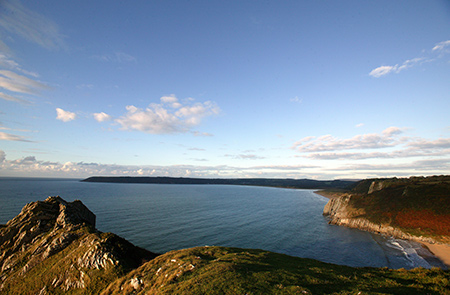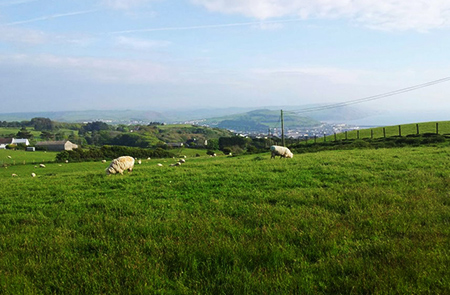The principal benefit is to facilitate immersion in rural and remote medicine so that interested students are equipped with the experience to make informed decisions about careers in such underserved communities.
Should students pursue a career in rural and remote medicine, practising in a rural environment will develop additional skills and qualities. Rural practitioners, whether in primary or secondary care, have to adopt a more multi-disciplinary approach to medicine, performing a greater variety of roles. They also assume a more hands-on role in the patient journey and the relevant decision making, as well as a more prominent role in public health. Information Technology skills are essential, including video conferencing and 'telehealth'.
Rural practitioners are often a central part of their community, although this can bring challenges as well as benefits. Resilience and self-motivation play a big part in making successful rural practitioners. Practising in a rural environment also offers the opportunity to experience some beautiful locations with access to great resources for the outdoors enthusiast. Students pursuing the RRHIME track do not 'miss out' on any components of the GEM MBBCh curriculum and will not be disadvantaged should they not choose to pursue a career in rural/remote medicine after they qualify.



